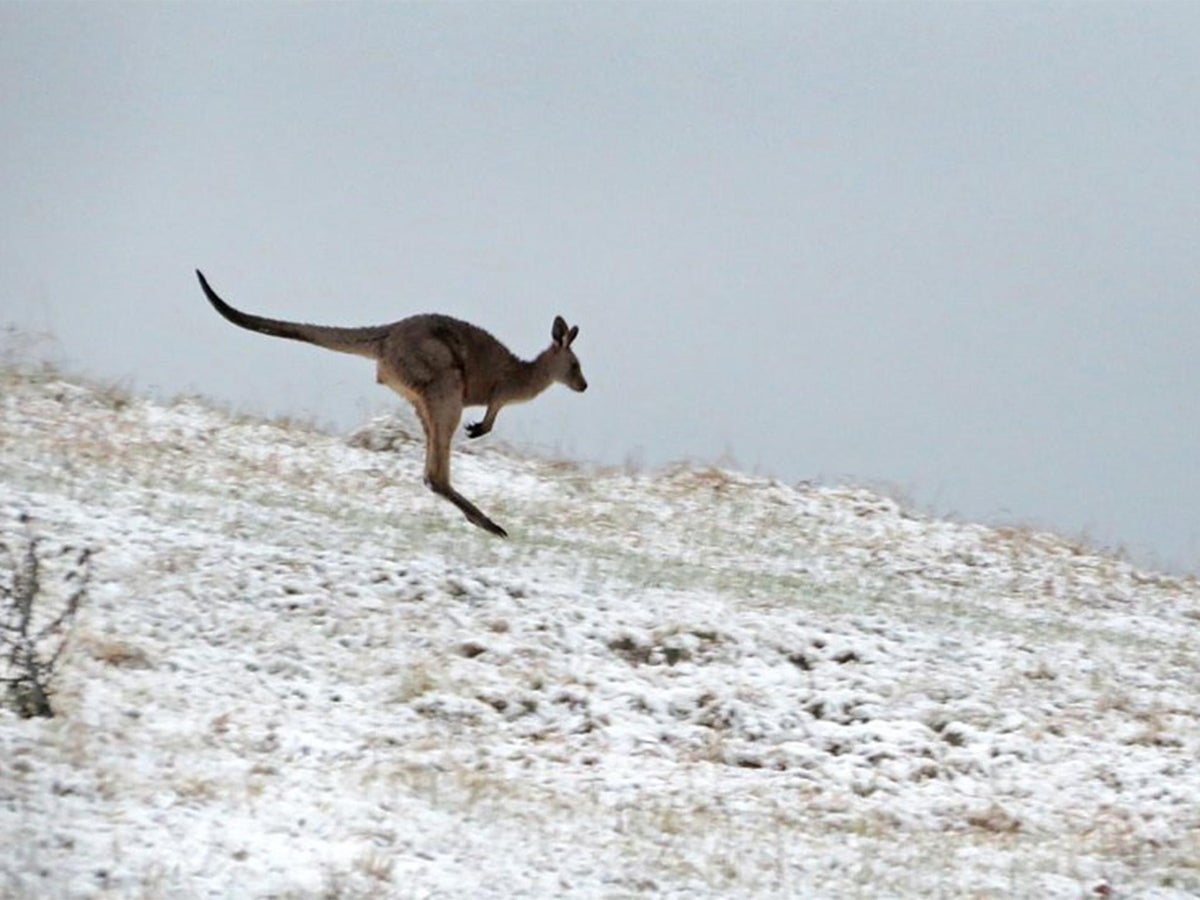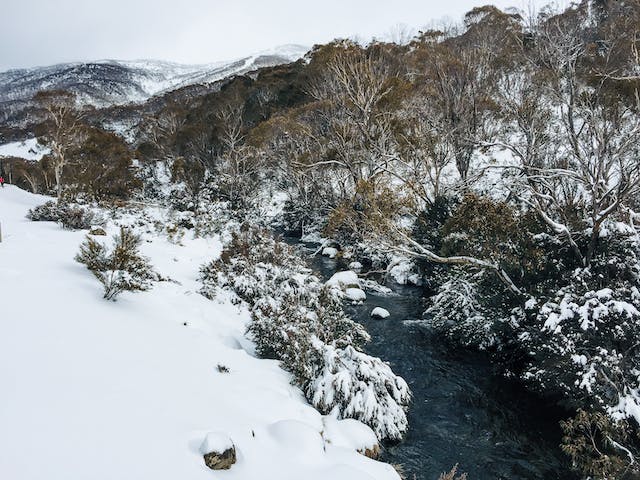The Various Kinds Of Snow in Australia and Their Influence On Winter Months Sports
Australia, recognized for its sun-soaked beaches, is also home to a diverse variety of snow problems that substantially influence wintertime sporting activities. The adhering to exploration will discuss the implications of these snow types on winter months sports efficiency.

Recognizing the Qualities of Different Snow Types
While several presume that snow is a homogeneous entity, it is vital to understand that there are various kinds, each with unique features. In Australia, these variants are particularly noticable because of weather diversity. Coastal snow, discovered in areas such as the Snowy Hills, is normally wetter and denser due to high dampness material, making it ideal for snowball battles or constructing snowmen. On the other hand, the snow located in the interior regions like the Australian Alps is drier and lighter, typically contrasted to a fluffy powder. These distinctions in snow type aren't merely visual; they dramatically impact winter season sporting activities, determining the simplicity of activity, the speed possible, and the level of control called for from athletes.
The Effects of Powder Snow on Winter Sports and Snowboarding
In spite of its light and cosy look, powder snow in the Australian Alps provides both distinct obstacles and opportunities for winter season sports fanatics, particularly those participated in snowboarding and snowboarding. The loosened, completely dry nature of powder snow can initially be hard to browse for beginners, requiring careful equilibrium and control. For more skilled practitioners, the soft, untracked snow supplies an exhilarating experience, allowing for vibrant and active activity - Snow In Australia. The forgiving and smooth surface area of powder snow likewise reduces threat of injury throughout falls, making it a favored selection for extreme wintertime sporting activities. Yet, it deserves noting, the varying depth and unforeseeable nature of powder can in some cases cause covert obstacles, requiring consistent caution.

The Difficulties and Benefits of Stuffed Snow in Winter Sports
Changing focus from the loose, completely dry powder snow, one more common kind of snow in the Australian Alps is packed snow, presenting its own collection of challenges and advantages in the realm of winter months sports. Controlling and navigating turns speed can be challenging on stuffed snow, requiring higher ability levels from athletes. Regardless of these difficulties, packed snow continues to be a crucial component in lots of winter sporting activities, forming the efficiency and approaches of professional athletes.
The Duty of Wet Snow in Australian Winter Seasons Gamings
In comparison to the thick, glossy surface of packed snow, wet snow plays an entirely various role in Australian winter season games. Characterised by its high wetness content, wet snow affects the rate and control of winter season sporting activities participants. Its hefty, sticky nature can be challenging for athletes, particularly in skiing and snowboarding where rate and manoeuvrability are essential. However, its malleability makes it perfect for snow sculpting occasions and for strengthening snow frameworks in sporting activities like snow ft fights. In spite of its risks, damp snow introduces a distinct dynamic to winter video games in Australia, screening athletes' flexibility and durability, and functioning as a reminder of the diverse climate problems they need to be prepared to face.

Just How Slushy Snow Influences Winter Sports Performance
Continuing the expedition of differing snow problems in Australia, the impact of slushy snow on winter season sports is another interesting aspect. Slushy snow, arising from warmer temperatures or direct sunlight, poses unique difficulties to athletes. It reduces rate and requires boosted exertion as the tools sinks into the soft, water-saturated snow. In snowboarding and snowboarding, slushy conditions can impact the predictability of turns and dives, boosting the danger of mishaps. For snowmobiling, the maker's efficiency might be impeded as it struggles to keep grip. Thus, slushy snow changes the winter months sports landscape, demanding not only heightened physical effort from athletes yet also a greater emphasis on safety and security preventative measures. try this
Adjusting Wintertime Sports Techniques to Numerous Snow Conditions

Verdict
In final thought, Australia's varied snow kinds significantly impact winter months sporting activities efficiency. Each kind, from the glossy coastal snow to the drier interior powder and the heavy, sticky wet snow, provides special obstacles and advantages. Thus, athletes must adapt their methods to navigate these varying conditions effectively. The snow's developmental function emphasizes the relevance of recognizing its characteristics to optimize performance and safety in Australia's winter sports landscape.
Moving focus from the visit homepage loosened, completely dry powder snow, one more common type of snow in the Australian Alps is packed snow, posing its very own collection of difficulties and advantages in the world of wintertime sports - Does It Snow In Australia.In contrast to the thick, glossy surface of packed snow, damp snow plays a totally different role in Australian winter video games. Its malleability makes it optimal for snow sculpting events and for strengthening snow frameworks in sports like snow ft fights.Continuing the expedition of varying snow conditions in Australia, the influence of slushy snow on wintertime sports is an additional appealing element. Each kind, from the slick seaside snow to the drier indoor powder and the heavy, sticky wet snow, provides distinct challenges and advantages